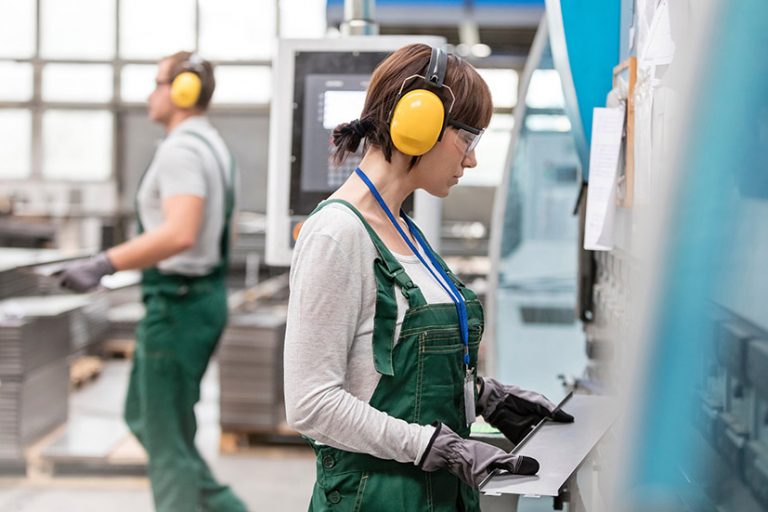The UK government is injecting £2.5 billion into the automotive sector as part of its DRIVE35 programme, a decade-long initiative aimed at positioning the country at the forefront of electric vehicle (EV) and zero-emission vehicle production. This funding is designed to support a range of projects, from high-volume manufacturing to innovative EV startups, ensuring the UK’s continued leadership in sustainable automotive manufacturing.
The new funding package aligns with the UK’s broader Industrial Strategy, which aims to increase business investment in advanced manufacturing, particularly in sectors such as automotive. By providing both capital investment and research and development funding, DRIVE35 seeks to accelerate the transition to zero-emission vehicle manufacturing, supporting everything from major gigafactories to smaller-scale R&D projects. A £500 million allocation for R&D, running until 2035, underscores the government’s commitment to long-term innovation in the sector.
The UK’s automotive industry, which is a key contributor to the economy, saw £21.4 billion in output in 2024 and supports over 132,000 jobs across various roles. With the rise in demand for electric vehicles, making the UK the largest EV market in Europe by 2024, the government’s investment will help maintain momentum, ensuring continued growth and innovation within the sector.
As part of the programme, funding will focus on three main areas: large-scale manufacturing transformation, R&D for scaling up emerging technologies, and funding for innovation in the sector. The government expects that these investments will create thousands of jobs, stimulate billions in economic growth, and reduce CO2 emissions by advancing cleaner vehicle technologies. These efforts will help attract global investors and ensure that the UK remains an attractive destination for automotive innovation.
Investments announced alongside the DRIVE35 programme include a £100 million boost for EV component production in Bolton and £15 million for EV part manufacturing in the West Midlands. These projects are expected to create significant high-value employment and strengthen the UK’s role as a leader in the global EV supply chain.












